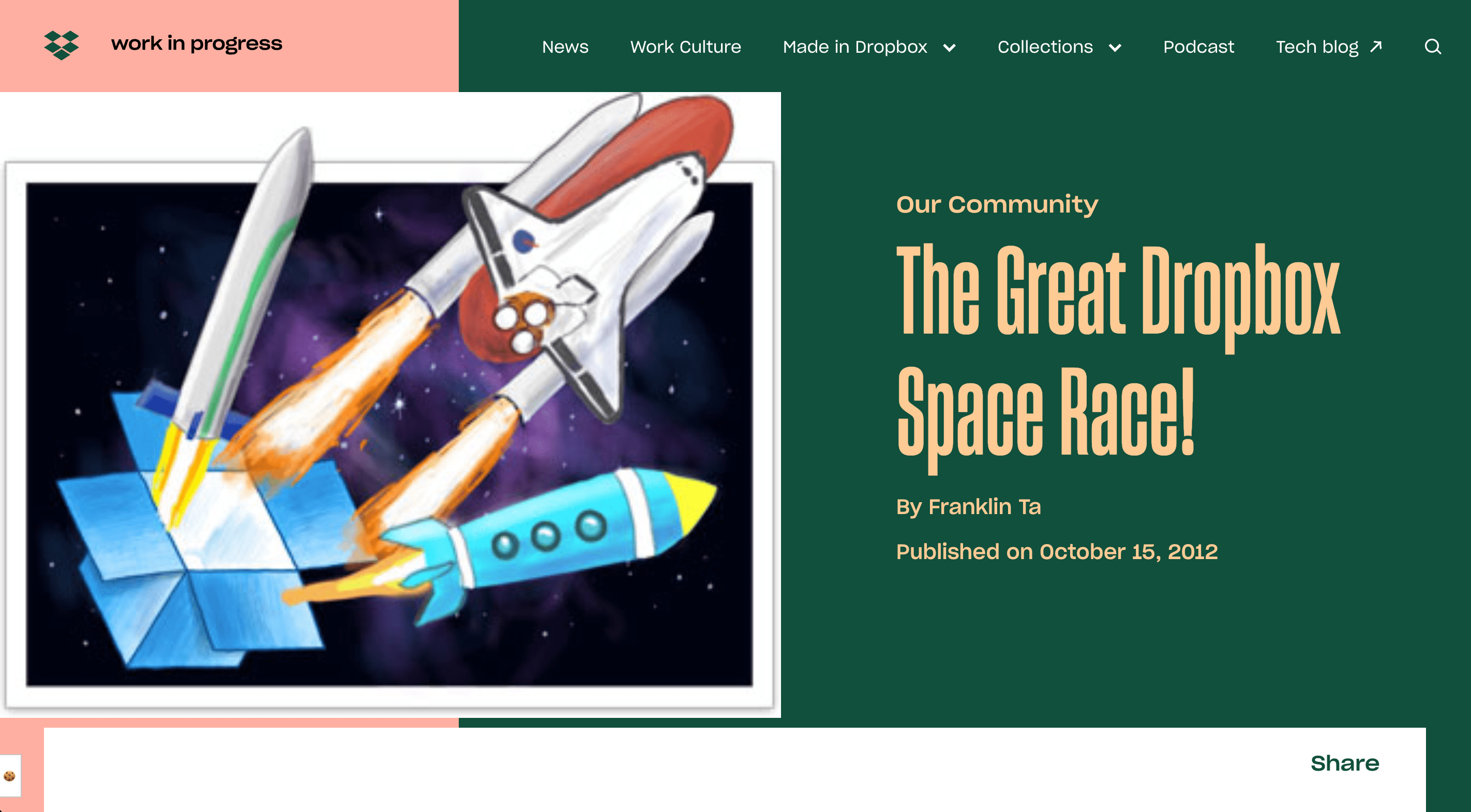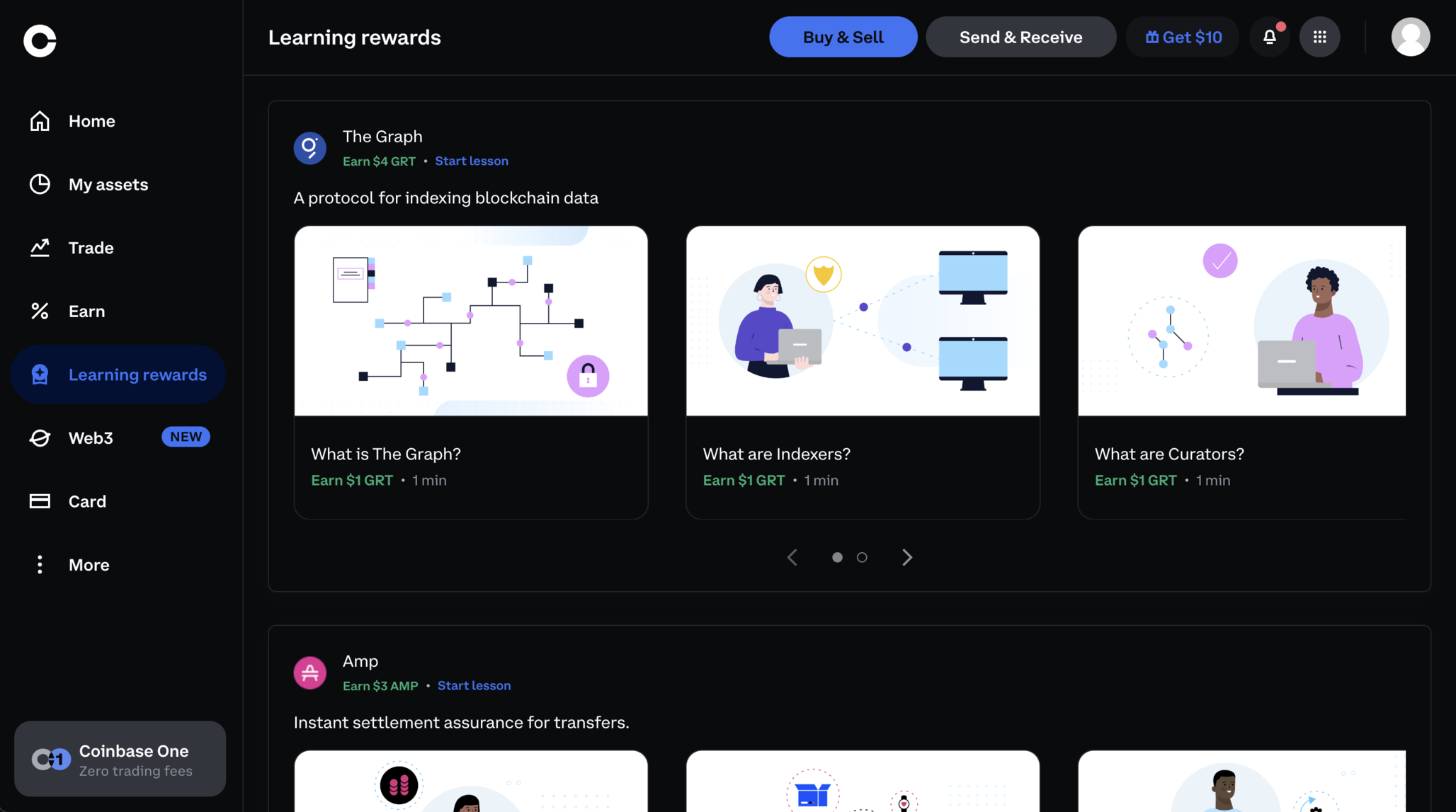In the competitive landscape of B2B commerce, customer retention has become a critical factor for sustainable growth. One of the most effective strategies for fostering customer loyalty is implementing a well-designed B2B reward program. This comprehensive guide will explore the intricacies of B2B reward programs, their benefits, challenges, and best practices to help your business thrive.
Table of Contents
- Understanding B2B Reward Programs
- The Importance of Customer Retention in B2B
- Key Benefits of B2B Reward Programs
- Challenges in Implementing B2B Reward Programs
- Types of B2B Reward Programs
- Best Practices for Successful B2B Reward Programs
- Measuring the Success of Your B2B Reward Program
- Case Studies: Successful B2B Reward Programs
- Technology and Tools for B2B Reward Programs
- Future Trends in B2B Reward Programs
1. Understanding B2B Reward Programs
B2B reward programs are strategic initiatives designed to incentivize and recognize loyal customers, partners, or clients in a business-to-business context. Unlike their B2C counterparts, B2B reward programs focus on long-term relationships, larger transaction volumes, and more complex decision-making processes.
These programs aim to:
- Encourage repeat purchases
- Increase customer lifetime value
- Foster brand loyalty
- Drive referrals and word-of-mouth marketing
- Gather valuable customer data and insights
B2B reward programs can take various forms, from points-based systems to tiered memberships, exclusive perks, or personalized incentives tailored to each client's unique needs.
2. The Importance of Customer Retention in B2B
Customer retention is paramount in the B2B sector for several reasons:
Higher Customer Lifetime Value: B2B relationships typically involve larger deals and longer-term contracts, making each customer significantly more valuable over time.
Lower Acquisition Costs: Acquiring new B2B customers is often more expensive and time-consuming than retaining existing ones.
Stable Revenue Streams: Loyal B2B customers provide predictable revenue, enabling better financial planning and stability.
Competitive Advantage: Strong customer relationships act as a barrier to entry for competitors, safeguarding your market position.
Word-of-Mouth Marketing: Satisfied B2B clients are more likely to recommend your services, leading to high-quality referrals.
Given these factors, implementing a robust B2B reward program can significantly impact your company's bottom line and long-term success.
3. Key Benefits of B2B Reward Programs
When executed effectively, B2B reward programs offer numerous advantages:
Increased Customer Loyalty
By recognizing and rewarding customer loyalty, businesses can strengthen relationships and reduce churn rates. This emotional connection goes beyond transactional interactions, creating a sense of partnership between the company and its clients.
Enhanced Customer Insights
Reward programs provide a wealth of data on customer behavior, preferences, and purchasing patterns. This information can be leveraged to improve products, services, and marketing strategies.
Improved Cross-Selling and Upselling Opportunities
As customers engage more deeply with your brand through a reward program, they become more receptive to additional product offerings and upgrades.
Competitive Differentiation
In crowded markets, a well-designed reward program can set your business apart from competitors, offering unique value propositions to clients.
Increased Customer Lifetime Value
By incentivizing repeat purchases and fostering loyalty, B2B reward programs can significantly increase the long-term value of each customer relationship.
Streamlined Sales Process
Reward programs can help shorten sales cycles by providing additional incentives for quick decision-making and larger purchases.
4. Challenges in Implementing B2B Reward Programs
While the benefits are substantial, businesses must navigate several challenges when implementing B2B reward programs:
Complex Decision-Making Processes
B2B purchases often involve multiple stakeholders and lengthy approval processes, making it challenging to design rewards that appeal to all decision-makers.
Diverse Customer Needs
B2B clients can vary significantly in size, industry, and requirements, necessitating a flexible and customizable reward structure.
Measuring ROI
Quantifying the direct impact of a reward program on business outcomes can be difficult, especially in the short term.
Integration with Existing Systems
Implementing a reward program often requires integration with CRM, ERP, and other business systems, which can be technically challenging.
Compliance and Legal Considerations
B2B reward programs must navigate various regulatory requirements, especially in industries with strict gift-giving policies.
Program Management and Administration
Running a successful B2B reward program requires ongoing management, updates, and customer support, which can be resource-intensive.
5. Types of B2B Reward Programs
B2B reward programs come in various forms, each suited to different business models and customer bases:
Points-Based Programs
Customers earn points for purchases, referrals, or other desired actions, which can be redeemed for rewards. This model is flexible and easy to understand but requires careful management of point values and redemption options.
Tiered Membership Programs
Clients progress through different membership levels based on their engagement or spend, unlocking increasingly valuable benefits. This structure encourages long-term loyalty and higher spending.
Cash-Back or Rebate Programs
Businesses offer financial incentives, such as rebates or discounts on future purchases. This straightforward approach can be particularly appealing in price-sensitive markets.
Exclusive Access or VIP Programs
Top clients receive privileged access to new products, services, or events. This model creates a sense of exclusivity and strengthens relationships with key accounts.
Partner Rewards Programs
Designed for channel partners or resellers, these programs incentivize sales performance and product knowledge through various rewards.
Educational Programs
Offering training, certifications, or industry insights as rewards can be particularly valuable in knowledge-driven B2B sectors.
Experiential Rewards
Unique experiences, such as industry conferences or networking events, can create memorable incentives that go beyond traditional rewards.
6. Best Practices for Successful B2B Reward Programs
To maximize the effectiveness of your B2B reward program, consider the following best practices:
1. Align with Business Objectives
Ensure your reward program supports overarching business goals, whether it's increasing market share, improving customer retention, or driving specific behaviors.
2. Personalize the Experience
Tailor rewards and communications to individual client preferences and needs. Personalization can significantly enhance program engagement and perceived value.
3. Offer Relevant and Valuable Rewards
Choose rewards that resonate with your target audience and provide tangible business value. This could include exclusive product access, personalized support, or industry-specific benefits.
4. Keep It Simple
Design a program that's easy to understand and participate in. Complex rules or redemption processes can deter engagement.
5. Leverage Technology
Utilize advanced software solutions to manage your program efficiently, track customer behavior, and deliver personalized experiences at scale.
6. Communicate Clearly and Frequently
Regularly inform participants about their status, available rewards, and program updates. Clear communication helps maintain engagement and prevents confusion.
7. Gather and Act on Feedback
Continuously collect feedback from program participants and use these insights to refine and improve your offerings.
8. Ensure Seamless Integration
Integrate your reward program with existing business systems to provide a smooth experience for both customers and internal teams.
9. Train Your Team
Ensure that your sales, customer service, and account management teams are well-versed in the program details and can effectively communicate its benefits to clients.
10. Stay Compliant
Work closely with legal and compliance teams to ensure your program adheres to all relevant regulations and industry standards.
7. Measuring the Success of Your B2B Reward Program
To evaluate the effectiveness of your B2B reward program, track these key performance indicators (KPIs):
Customer Retention Rate: Monitor how the program impacts your ability to retain clients over time.
Customer Lifetime Value (CLV): Measure the increase in average CLV for program participants compared to non-participants.
Program Engagement: Track metrics such as enrollment rates, active participation, and reward redemption frequency.
Sales Growth: Analyze the impact on sales volume, average order value, and frequency of purchases among program members.
Net Promoter Score (NPS): Gauge how the program affects customer satisfaction and likelihood to recommend your business.
Referral Rate: Measure the number and quality of referrals generated through the program.
ROI: Calculate the overall return on investment by comparing program costs to incremental revenue generated.
Customer Acquisition Cost (CAC): Assess how the program affects your CAC through referrals and word-of-mouth marketing.
Regularly review these metrics and adjust your program strategy accordingly to ensure continued success and alignment with business objectives.
8. Case Studies: Successful B2B Reward Programs
Let's examine some real-world examples of effective B2B reward programs:
IBM VIP Rewards
IBM's loyalty program combines challenge-based gamification with valuable rewards like gift cards and private sessions with IBM experts. The program encourages customers to expand their knowledge of IBM services while fostering engagement through a leaderboard system.
Key Takeaway: Combining education with gamification can drive both engagement and product adoption.
Lenovo Expert Achievers Programme (LEAP)
Lenovo's LEAP program targets business partners, offering points for both sales performance and completing educational modules. This dual approach ensures partners are both knowledgeable about products and motivated to sell them.
Key Takeaway: Balancing sales incentives with education can create a more effective channel partner program.
Celebrity Cruises Rewards
This travel industry program rewards individual booking agents with points for each cruise sold, which can be exchanged for cash rewards. By focusing on individual performance rather than agency-wide metrics, Celebrity Cruises encourages healthy competition among agents.
Key Takeaway: Tailoring rewards to individual performance can drive stronger results in partner-based businesses.
Mailchimp & Co Membership Program
Mailchimp offers a membership program for freelance marketing experts and agencies who use their platform to manage client email marketing. Members receive exclusive training, tools, and event invitations, with successful members invited to become official partners.
Key Takeaway: Providing value-added services and exclusive benefits can transform customers into brand advocates and partners.
9. Technology and Tools for B2B Reward Programs
Implementing a successful B2B reward program often requires specialized technology. Here are some key tools and features to consider:
Customer Relationship Management (CRM) Integration
Seamless integration with your CRM system ensures that reward program data is incorporated into your overall customer view.
Analytics and Reporting
Robust analytics tools help track program performance, customer behavior, and ROI.
Personalization Engines
Advanced personalization technology can deliver tailored rewards and communications based on individual customer profiles and behaviors.
Mobile Accessibility
Ensure your program is easily accessible via mobile devices for on-the-go engagement.
Automation Tools
Automate routine tasks such as point accrual, tier upgrades, and reward fulfillment to improve efficiency.
Security and Compliance Features
Implement strong security measures to protect sensitive customer data and ensure compliance with relevant regulations.
API Capabilities
APIs allow for integration with other business systems and the development of custom features.
User-Friendly Dashboards
Provide both administrators and participants with intuitive dashboards to manage and track program activity.
10. Future Trends in B2B Reward Programs
As technology and business practices evolve, so too will B2B reward programs. Here are some trends to watch:
AI and Machine Learning
Artificial intelligence will play an increasingly important role in personalizing rewards, predicting customer behavior, and optimizing program performance.
Blockchain Technology
Blockchain could revolutionize reward program management by providing secure, transparent tracking of points and transactions.
Sustainability-Focused Rewards
As corporate social responsibility becomes more important, expect to see more reward programs incorporating eco-friendly and socially responsible incentives.
Hyper-Personalization
Advanced data analytics will enable even more precise targeting and customization of rewards based on individual client preferences and behaviors.
Integration with Employee Rewards
Some B2B programs may expand to include incentives for employees of client companies, creating a more holistic approach to business relationships.
Virtual and Augmented Reality Experiences
As technology advances, unique VR or AR experiences could become valuable rewards in certain industries.
Increased Focus on Emotional Connections
Beyond transactional rewards, programs will likely place greater emphasis on building emotional bonds between businesses and their clients.
In conclusion, B2B reward programs represent a powerful tool for fostering customer loyalty, driving growth, and gaining a competitive edge in today's business landscape. By understanding the unique challenges and opportunities in the B2B space, leveraging technology, and following best practices, companies can create reward programs that deliver significant value to both their business and their clients. As the business world continues to evolve, those who adapt their reward strategies to meet changing needs and expectations will be best positioned for long-term success.







